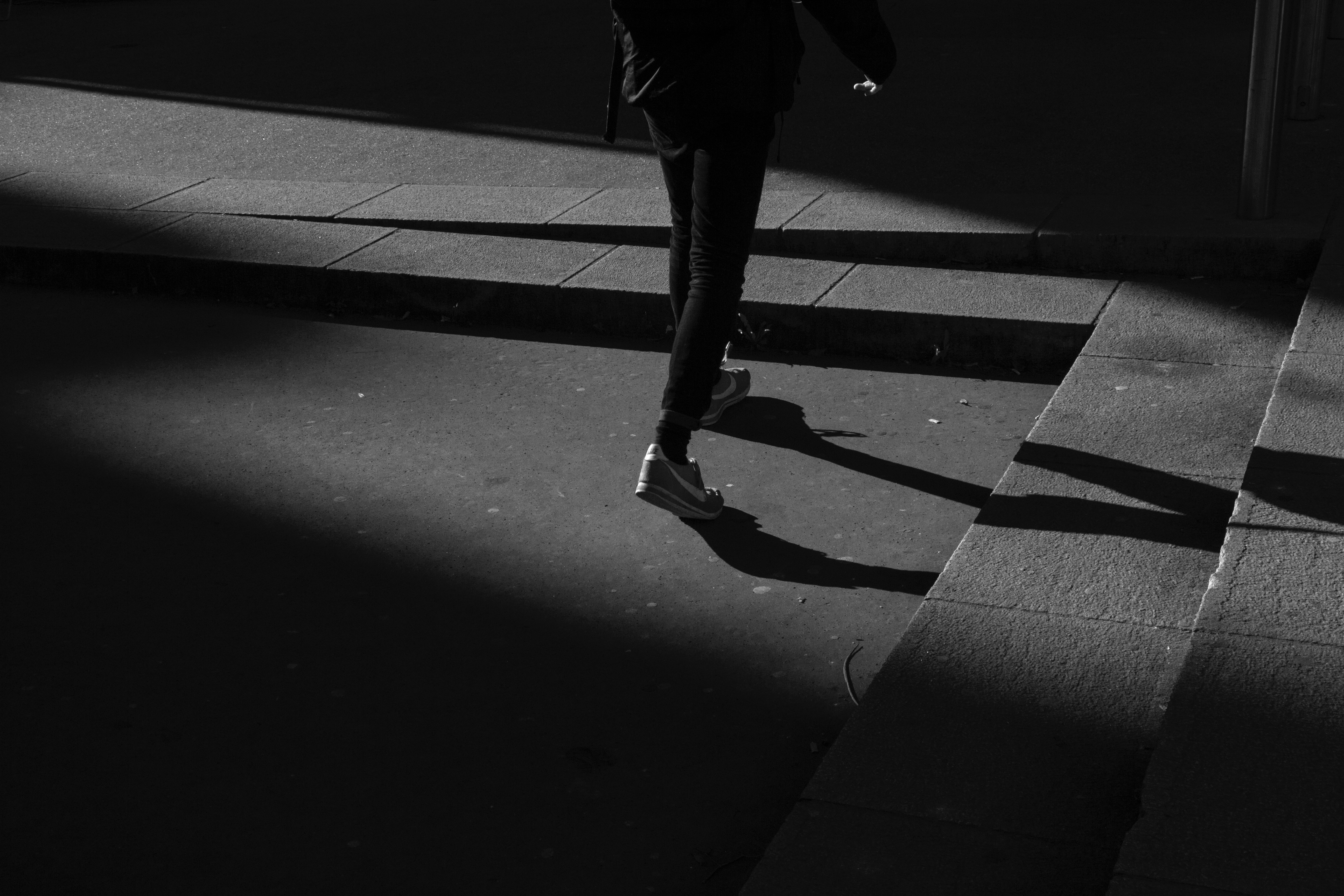“A journey of a thousand miles must begin with the first step.” -Lao Tzu”
I walked into my spin class the first of the year – generally sparsely attended by a few diehards, only to find there wasn’t a bike to be had. What was I thinking? Of course, it’s the New Year. Everyone’s back at the gym intent on seeing their resolutions through!
How about you? Did you have a resolution this year? And – be honest – how’s that going?
Sadly, about 80% of our resolutions sputter within the first month or so and the rest go dead before the year is out.
Why we do this to ourselves and why is it so damn hard?
It’s not your fault!
We all have things we want to change. And if you’re like me, some have been hanging on for a long time: walk more, lose weight, eat less sugar, read more, meditate, cut back on social media, finish that course we signed up for… But somehow our good intentions just continue to circulate in our heads and fail to turn into action, leaving us with a deep sense of failure.
Here’s the good news…
It’s not your fault!
It’s in our programming
There’s a primal and powerful part of our brain (called the amygdala) that’s been programmed over hundreds of millions of years of evolution for one thing: to keep us safe and alive and away from anything that could threaten our survival.
It operates automatically without you even lifting a finger.
All you have to do is run into something threatening – like a wild beast or your crazy aggressive New Year’s resolution, and this part of your brain kicks in, diverting all body functions to your emergency response system – aka, your stress response.
And when your stress response snaps into action, all “non-essential functions” are put on hold. Things like digestion, immune function, reproduction, detoxification, even your memory, and higher thinking skills, all go quiet until the threat retreats.
Change is the beast
From an evolutionary standpoint, this all makes sense. Back in the day of man-eating predators, it was our survival mechanism. It would hightail us out of harm’s way at the blink of an eye.
But evolution hasn’t caught up to the modern world that’s loaded with stressful occurrences that aren’t a matter of life and death.
Tricking your brain
Your brain sees change as the “beast”. It’s frightening, dangerous, unknown, and even possibly life-threatening.
You want change. Your brain wants comfort, safety, and security. So when you try to introduce something new, you’ve got a fight on your hands. And this one you’re not gonna win.
The key to change, says Maurer, in his book, One Small Step Can Change Your Life, is to trick the brain with little tiny changes that take place so gradually and subliminally it doesn’t even notice. The process has a name, “Kaizen”, a Japanese word that roughly translates to “small steps for continual improvement.”
- Want to become more physically fit? Start with a few daily pushups, the NY Times 7-minute workout, or a couple of short 15-minute walks every week and over time gradually increase the frequency or time.
- Want to drop a few pounds? Go to bed 10 minutes earlier and gradually increase your sleep time to a solid 8 hours a night. (Deep sleep is one of the best ways to help with weight loss)
- Want to quiet your acid reflux? Gently substitute a digestive enzyme for your antacids (which make the problem worse by decreasing the acid and making it harder for your body to digest food).
How to make your resolution stick
Little tweaks in our habits don’t send our primal brain into a tizzy. And besides, they’re easy to do. So here are some tips to help you make your next goal stick.
- Decide what you want to accomplish and set the intention. (e.g. – lose 10 pounds) – remind yourself with post-it notes in strategic places.
- List the actions you could take to make this happen. (walk more, increase sleep time, diminish sugar, eat more slowly)
- Pick one – something easy and start there.
- If it’s something that needs to be scheduled (like that course you haven’t started), schedule it. Don’t assume you’ll do it. You won’t. Find time for it and put it in your calendar.
- Do that one thing consistently until it becomes so natural you don’t have to think about it anymore. You create a new neural channel in your brain. A new habit.
- Then move on to the next action to support your goal and repeat the process.
“When you improve a little each day, eventually big things occur. When you improve conditioning a little each day, eventually you have a big improvement in conditioning. Not tomorrow, not the next day, but eventually a big gain is made. Don’t look for big quick improvement. Seek the small improvement one day at a time. That’s the only way it happens – and when it happens, it lasts.” John Wooden
Little changes day in and day out, result in BIG change over time.
Consistency is magic.
Feeling stuck? Struggling with something but just can’t seem to make the change? Share your thoughts below and if you want a little boost, go here to book a free 30-minute coaching session with me.
Sending love and wishes for 2019 to be your best year ever! ♥
What to connect? Email me at elaine@elainepauly.com.


Thanks for this post, Elaine. I appreciated the reminder that incremental change is key.
Love your helpful advice! I started the year with a goal of doing a 7 minute workout at home at least 5 times a week along with walking 30 minutes 3-5 times a week (gradually working up both time and intensity as fitness levels dictate). It hasn’t been easy to stick to that commitment but it has been easy to get back on the wagon when I have fallen off my schedule. I think that is because it is not too daunting a fitness goal. I like your idea of making small changes that lead to big gains. I was pleased to see that the app I downloaded for my iPad (J&J 7 minute workout – look for the red box with 7 white circles) incorporates all the exercises detailed in the NYT article. I like this app as it also allows you to play music from your personal library and you can customize your workout as your fitness level improves. Interestingly, the more I exercise, the more committed I am to eating healthy too. I have no doubt I will reach my goals in the time frame I have set for myself.
Beautiful. Love the small but no doubt impactful suggestions!